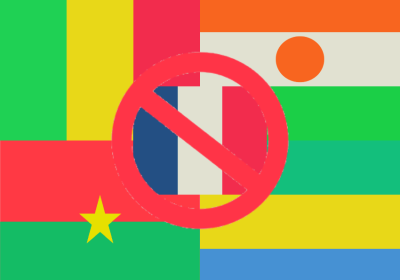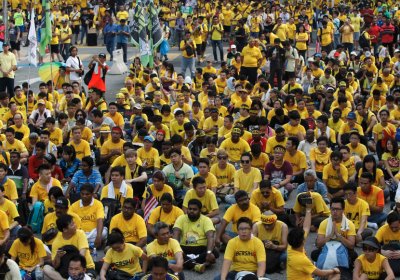Mali, then Burkina Faso, and finally Niger have experienced coups d’état and subsequently formed the Alliance of Sahel States (AES). What should we make of this new reality for West Africa? Paul Martial provides his analysis.
Mali
What has been dubbed a second decolonisation process is occurring right now in Africa’s Sahel, reports Paul Gregoire.
Peasants across Africa are intensifying their struggles against land grabs and other harmful policies that promote industrial agriculture. At a recent international conference organised by the world’s largest peasant movement, Via Campesina, African peasants had opportunities to share their experiences of struggle and to learn.
“It is amazing to see how linked our struggles are,” said Nicolette Cupido from the Agrarian Reform for Food Sovereignty Campaign (FSC) in South Africa.
Malaysian democracy activists estimate that between 300,000 and half a million people peacefully took to the streets of the capital Kuala Lumpur for 34 hours from August 29 to 30. This is much larger than the previous mobilisations by the BERSIH (literally meaning “clean”) movement for free and fair elections.
“France is in Mali for the long haul.” That was the headline of France’s daily newspaper Le Monde on February 4. The newspaper's front page, as well as pages 2 and 3, were devoted to a discussion over “what next” for France in Mali.
A full-scale invasion of Africa is under way. The United States is deploying troops in 35 African countries, beginning with Libya, Sudan, Algeria and Niger. Reported by Associated Press on Christmas Day, this was missing from most Anglo-American media.
- Page 1
- Next page







